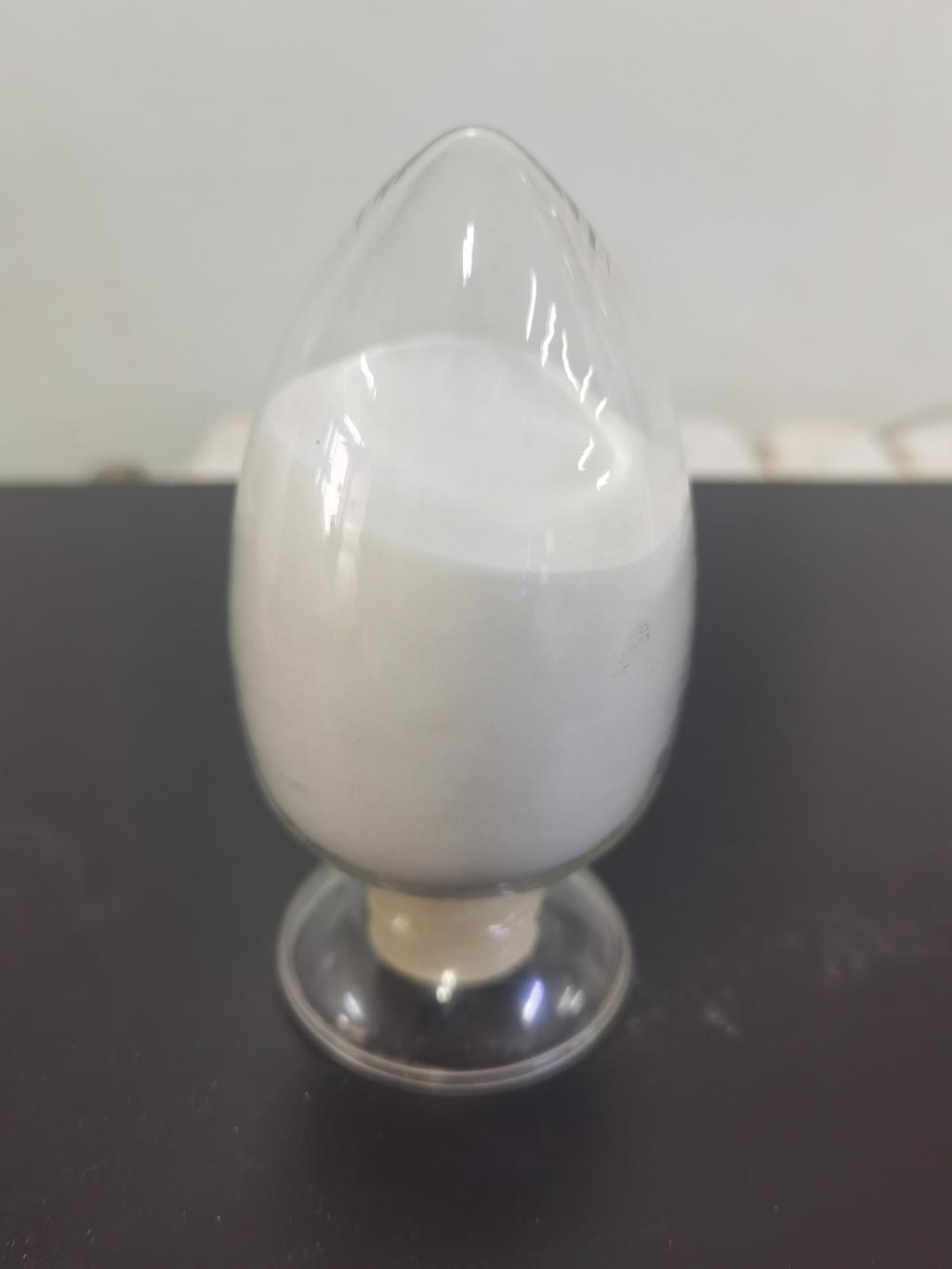Tel:+8618231198596

News
 CONTACT
CONTACT
 CONTACT
CONTACT
- Linkman:Linda Yao
- Tel: +8618231198596
- Email:linda.yao@dcpharma.cn
- Linkman:CHARLES.WANG
- Department:Overseas
- Tel: 0086 0311-85537378 0086 0311-85539701
News
ε-Polylysine Hydrochloride in Immunotherapy: A Promising Avenue for Disease Treatment
TIME:2024-01-30
I. Immunotherapy: Revolutionizing Disease Treatment
Overview of Immunotherapy:
Immunotherapy represents a paradigm shift in the treatment of diseases, including cancer and autoimmune disorders. Unlike traditional treatments, which often target the disease directly, immunotherapy harnesses the power of the immune system to identify and eliminate abnormal cells.
Challenges in Traditional Treatments:
Traditional treatments, such as chemotherapy and radiation therapy, often come with significant side effects due to their non-specific nature. Immunotherapy seeks to overcome these challenges by offering a targeted and more personalized approach to treatment.
II. Introduction to ε-Polylysine Hydrochloride:
Natural Origin and Antimicrobial Properties:
ε-Polylysine hydrochloride is a naturally occurring antimicrobial compound produced by microbial fermentation, particularly from strains of Streptomyces albulus. Its primary known function is as an antimicrobial agent with a broad spectrum of activity against bacteria, making it a valuable preservative in the food industry.
Immunomodulatory Effects:
Recent research has uncovered the immunomodulatory effects of ε-polylysine hydrochloride. Studies suggest that it may have the potential to modulate the immune response, making it a candidate for exploration in the field of immunotherapy.
III. Immunomodulatory Effects of ε-Polylysine Hydrochloride:
Activation of Immune Cells:
Research indicates that ε-polylysine hydrochloride may stimulate the activation of various immune cells, including T cells, B cells, and natural killer (NK) cells. This activation can enhance the immune system's ability to recognize and target abnormal cells, including cancer cells.
Cytokine Production:
ε-Polylysine hydrochloride has been associated with the modulation of cytokine production. Cytokines play a crucial role in regulating the immune response, and their balanced production is essential for an effective and controlled immune reaction.
IV. Applications in Cancer Immunotherapy:
Targeting Cancer Cells:
The ability of ε-polylysine hydrochloride to activate immune cells and modulate cytokine production makes it an intriguing candidate for cancer immunotherapy. By harnessing the immune system's natural ability to target and eliminate cancer cells, ε-polylysine hydrochloride may offer a novel and targeted approach to cancer treatment.
Combination Therapies:
The versatility of ε-polylysine hydrochloride opens the door to combination therapies in cancer treatment. Combining it with other immunotherapeutic agents or traditional treatments may synergistically enhance the overall effectiveness of the treatment while minimizing side effects.
V. Immunotherapy for Autoimmune Disorders:
Balancing the Immune Response:
In autoimmune disorders, the immune system mistakenly attacks healthy cells and tissues. The immunomodulatory effects of ε-polylysine hydrochloride may hold promise in rebalancing the immune response, potentially alleviating symptoms and slowing disease progression.
Precision Medicine in Autoimmunity:
The personalized and targeted nature of ε-polylysine hydrochloride aligns with the principles of precision medicine. Tailoring treatments based on an individual's immune profile may enhance the efficacy of immunotherapy in managing autoimmune disorders.
VI. Challenges and Considerations:
Formulation Challenges:
The formulation of ε-polylysine hydrochloride for immunotherapeutic applications presents challenges that researchers are actively addressing. Optimizing delivery methods and ensuring the stability of the compound within the body are critical considerations in developing effective treatments.
Safety and Side Effects:
As with any immunotherapeutic agent, ensuring safety and minimizing potential side effects is a key priority. Research into the safety profile of ε-polylysine hydrochloride in immunotherapy is essential for its successful translation into clinical applications.
VII. Ongoing Research and Clinical Trials:
Exploring New Avenues:
Ongoing research is expanding our understanding of the immunomodulatory effects of ε-polylysine hydrochloride and its potential applications in treating various diseases. Researchers are exploring new avenues, including its use in combination therapies and novel delivery systems.
Clinical Trials:
The transition from preclinical studies to clinical trials is a crucial step in validating the safety and efficacy of ε-polylysine hydrochloride in immunotherapy. Monitoring ongoing and upcoming clinical trials provides valuable insights into its real-world potential as a treatment modality.
VIII. Future Perspectives and Innovations:
Personalized Immunotherapy:
The future of immunotherapy lies in personalized approaches that consider individual immune profiles. ε-Polylysine hydrochloride's potential in modulating immune responses opens the door to tailoring treatments based on a patient's unique characteristics.
Collaborations and Interdisciplinary Research:
Advancements in immunotherapy often result from collaborations between researchers in different fields. Interdisciplinary research, bringing together experts in microbiology, immunology, and medicine, will likely drive innovative applications of ε-polylysine hydrochloride in disease treatment.
IX. Ethical and Regulatory Considerations:
Ethical Implications:
As ε-polylysine hydrochloride moves closer to clinical applications, ethical considerations surrounding its use in human subjects become increasingly important. Ensuring transparency, informed consent, and ethical treatment of research participants are fundamental principles.
Regulatory Pathways:
Navigating regulatory pathways is a critical aspect of translating ε-polylysine hydrochloride from research into clinical practice. Collaboration with regulatory agencies, adherence to ethical guidelines, and transparent communication are vital for gaining approval for clinical applications.
Conclusion:
ε-Polylysine hydrochloride, traditionally known for its antimicrobial properties, is emerging as a promising player in the field of immunotherapy. Its immunomodulatory effects open new possibilities for treating diseases, particularly cancer and autoimmune disorders, through harnessing the body's own immune system. Ongoing research, clinical trials, and interdisciplinary collaborations will continue to shape the future of ε-polylysine hydrochloride in immunotherapy, offering a potential breakthrough in personalized and targeted disease treatment. As this journey unfolds, ethical considerations and regulatory pathways will play pivotal roles in ensuring the safe and responsible integration of ε-polylysine hydrochloride into the realm of immunotherapy.
- Tel:+8618231198596
- Whatsapp:18231198596
- Chat With Skype







